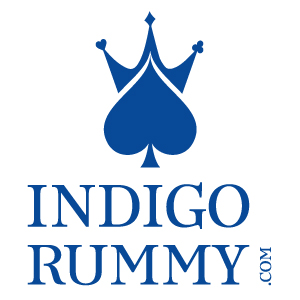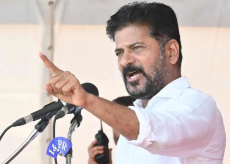Gaming companies clash with Tamil Nadu over new online restrictions

Prepend to the content

Gaming companies have challenged the Tamil Nadu Online Gaming (Regulation) Act, 2022 (TNOGA), arguing that certain provisions are unconstitutional and arbitrary.
According to Storyboard 18, the Madras High Court heard a petition on Thursday against TNOGA. The act seeks to regulate online real-money gaming (RMG) in Tamil Nadu, but it has faced strong opposition from gaming companies.
Senior counsels Mukul Rohatgi and Sajan Poovayya represented major online gaming platforms, including A23, Junglee Rummy, and RummyCircle. Rohatgi specifically appeared for Playgames 24X7 Private Limited. They argued that the law is unconstitutional on three key grounds.
The first issue is the mandated curfew on online gaming. The act bans online gaming between midnight and 5 AM. The petitioners claim this restriction is arbitrary and interferes with players’ rights. Rohatgi argued that his client was willing to restrict gaming for 19 hours daily but opposed TNOGA’s insistence on restricting play only between midnight and 5 AM. He questioned why other activities, such as watching television late at night, were not similarly restricted.
The second concern is Aadhaar-based authentication. The law requires users to verify their identity using Aadhaar, but gaming companies say this is “impossible to comply with.” They pointed out that the central government does not permit Aadhaar use for such verification under the Aadhaar Act, 2016. Rohatgi suggested that TNOGA allow alternative forms of Know Your Customer (KYC) verification, such as a driving license or passport.
The third argument is jurisdiction over online gaming. The petitioners claim that online skill-based gaming falls under the central government’s IT Rules, 2021. They argue that the Tamil Nadu state legislature lacks the authority to regulate it.
The court questioned whether the law is excessive, considering the potential harm caused by real-money gaming. The bench, comprising Justices S.M. Subramaniam and K. Rajasekar, expressed concerns about addiction, social impact, and financial losses, particularly among vulnerable individuals.
Additionally, online gaming companies emphasized that they do not allow minors to play RMG and have already set monetary limits for players. Rohatgi also argued that TNOGA should relax its requirement for Aadhaar OTP verification and permit alternative identification methods.
The petitioners also pointed out that TNOGA had extended the compliance deadline by six weeks, giving gaming companies more time to adjust their operations.
The case is scheduled for its next hearing on March 28. Senior counsel C. Aryama Sundaram will present arguments on behalf of the E-Sports Players Welfare Association. The state’s Advocate General P.S. Raman and Additional Advocate General Amit Anand Tiwari, assisted by Arvind Srevatsa, are expected to present Tamil Nadu’s arguments in the coming week. Meanwhile, several gaming companies have begun implementing TNOGA’s regulations as of March 26.
The post Gaming companies clash with Tamil Nadu over new online restrictions appeared first on G2G News.



